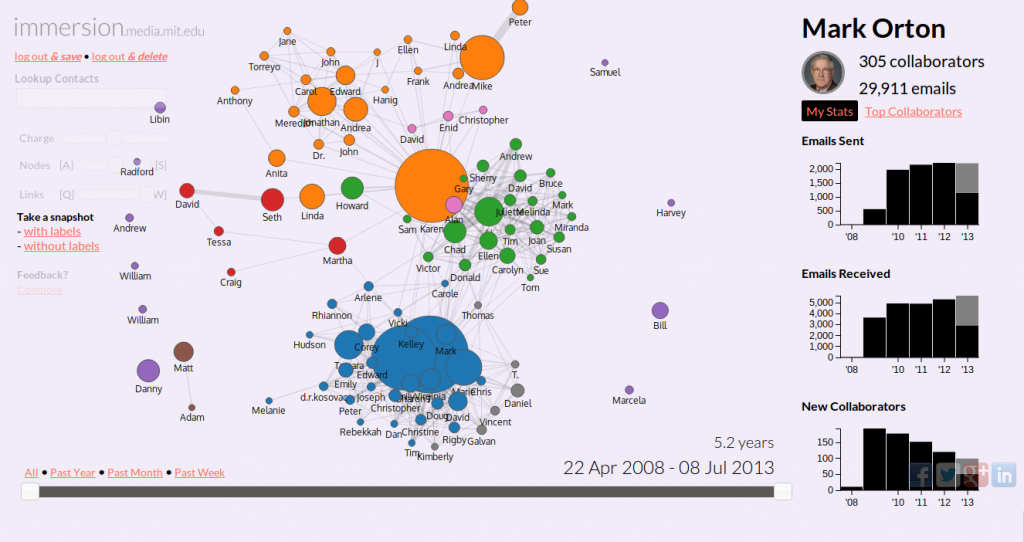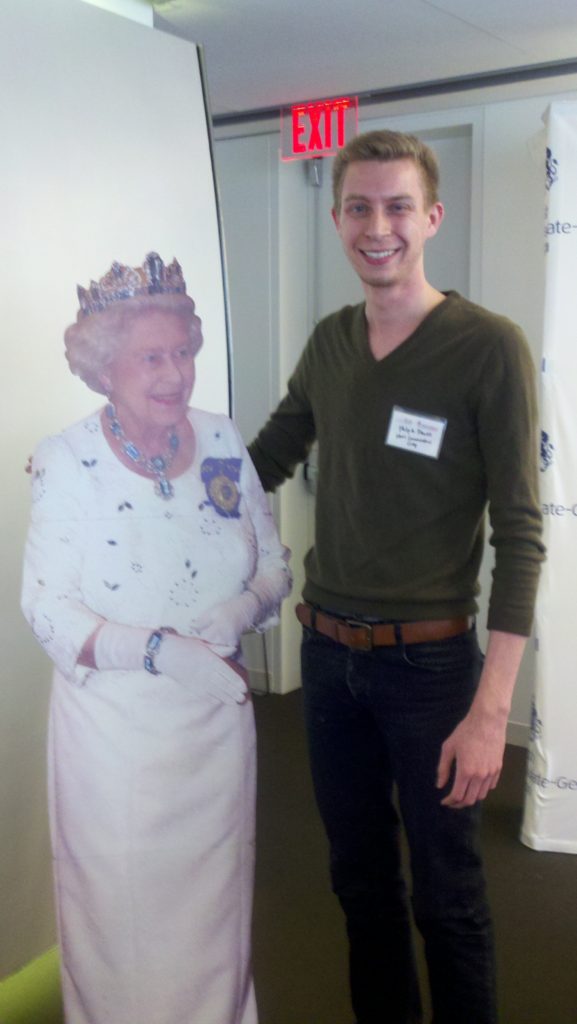Cambridge writer Anita Harris wonders if proportional voting, with 25 candidates on the ballot, makes sense.
agency
Mark Orton, our friend and former Cantabridgian, now living in Hudson, NY (aka Cambridge on the...
Our friend Bill Lichtenstein has won a Casey Medal for Meritorious Journalism for "A Terrifying Way...
Photos by Cambridge author/photographer Anita Harris --who ran all the way around Fresh Pond for the first...
The Queen listens but doesn't say much, joked Ann Avidon, Vice Consul, in setting up a cardboard...
Like Sheryl Sandberg, the Facebook COO and author of Lean-In, Cambridge author Anita Harris is ...



